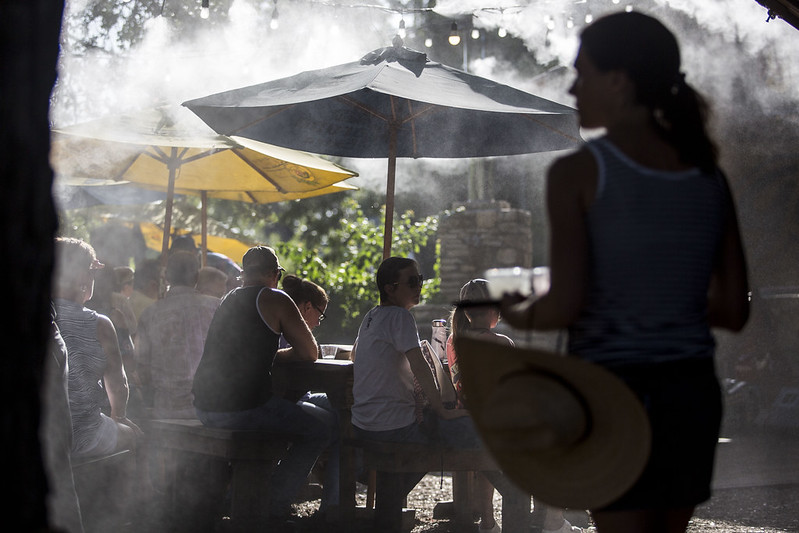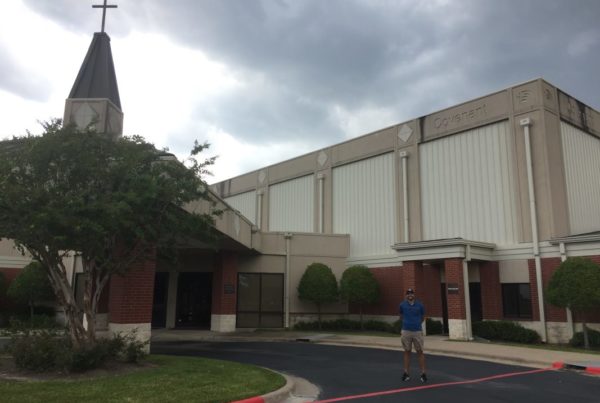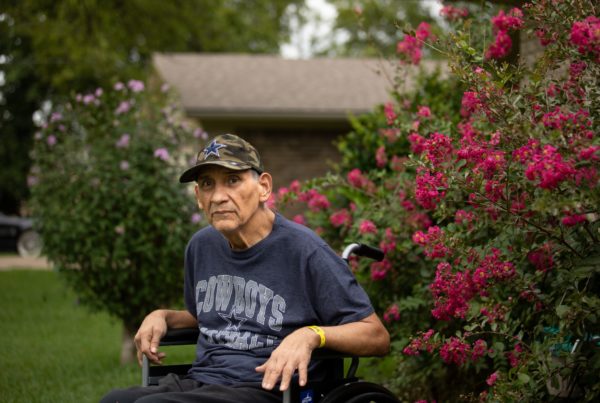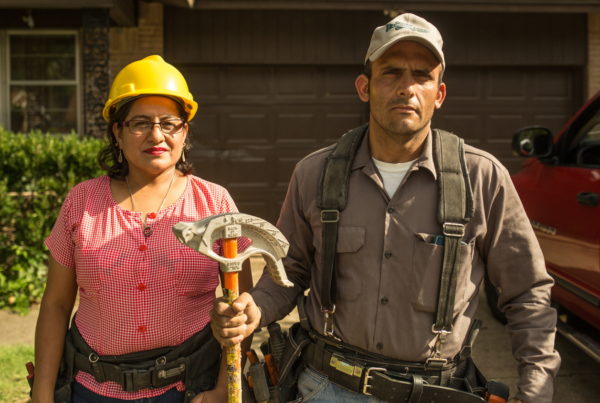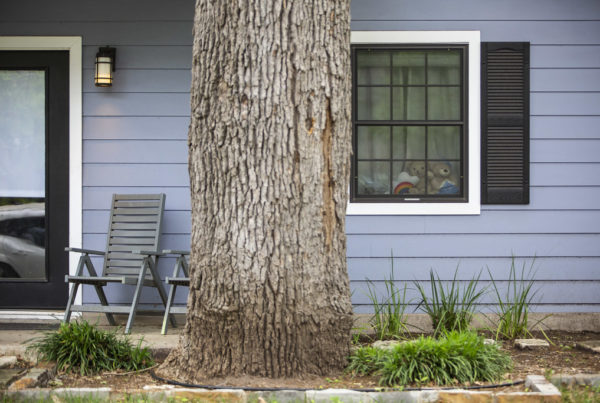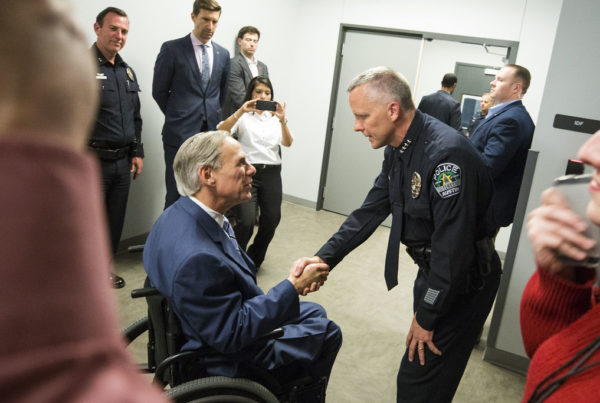Temperatures this week fell a bit after a cold front pushed through the state Wednesday and Thursday, offering some relief from stifling summer temperatures. But even though it may feel cooler out, the threat of extreme heat isn’t going away.
Heat waves are deadly. More Americans die each year from the effects of heat and heat-related illnesses than from any other severe weather event, according to the National Weather Service. And in a state like Texas, where summer highs can reach the triple digits for weeks at a time, the danger posed by heat can be particularly insidious.
A new partnership wants to bring attention to the threat of rising temperatures: the Extreme Heat Resilience Alliance, from the Atlantic Council’s Adrienne Arsht-Rockefeller Foundation Resilience Center. One of the goals of the alliance is to get heat waves named, similar to how hurricanes and tropical storms are named.
“We think that naming heat waves gives it the attention and conveys the serious nature of the risk, and could ultimately save lives,” said the center’s director, Kathy Baughman McLeod. “We’ve been naming tropical storms since the 1950s and it creates a culture of preparation and prevention, and we think we could do the same by naming heat waves, and save more people.”
Baughman McLeod said that naming heat waves could increase media coverage of extreme heat events, and increased awareness could help the public take the threat more seriously. That heightened attention to the risks would ideally lead to increased resources deployed to communities most vulnerable to high temperatures.
“It protects people who work outside. UPS drivers and other delivery folks, and the farmworkers, construction workers,” Baughman McLeod said. “They don’t work during named hurricanes, should they be working during a named heat wave when it’s so dangerous? So it brings a lot of heft and weight and attention to something that helps people understand it better and get in front of it and prepare and get out of harm’s way.”


